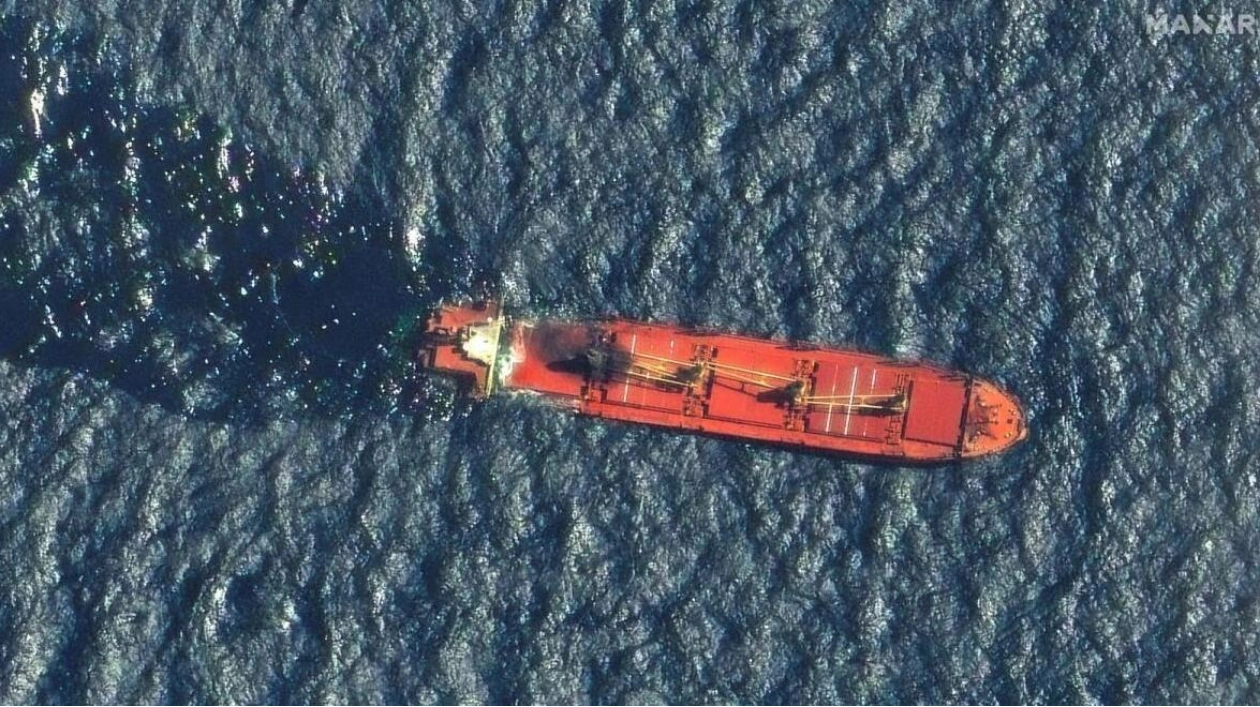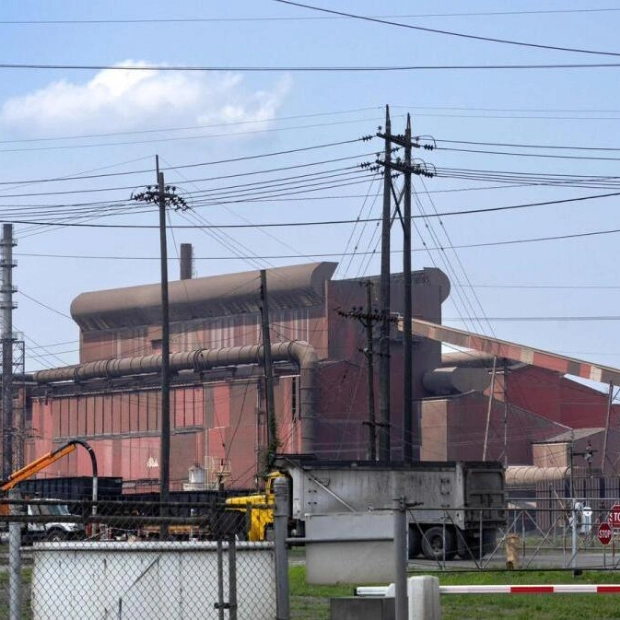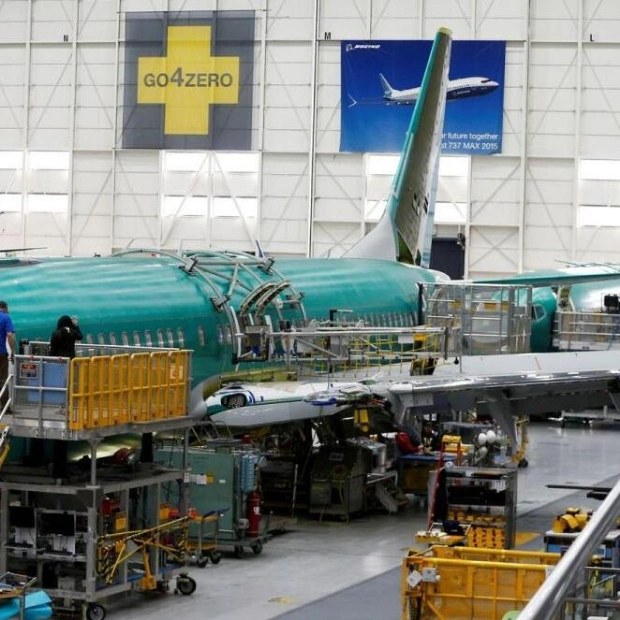A surge of attacks on ships travelling the waters of the Red Sea is forcing shippers to reroute their vessels, sending them on longer journeys that drive up their carbon dioxide emissions.
For companies struggling to account for – and lower – the climate-warming emissions associated with their businesses, these rerouted journeys add to the challenge. Many companies had already revamped their supply chains as they navigated Covid-19 disruptions, extreme weather risks, trade protectionism that forced them to change suppliers, and rising freight costs.
"Whether it's the Red Sea, or the war in Ukraine or Covid or Brexit before that, we've had so many discontinuities in the last decade," said Archana Jagannathan, who leads sustainability in Europe for PepsiCo. She said the company will need to double down on efforts to cut emissions if it hopes to meet its 2030 and 2040 climate pledges. Reuters spoke to executives from five large consumer companies and analyzed data from 30 sustainability reports of major firms to show that third-party carbon emissions have broadly been on the rise in recent years amid supply chain disruptions.
Since the attacks by Yemen’s Houthi rebel forces began in the Suez Canal last year, hundreds of ships - powered by heavy fuel oil - have been diverted around the Cape of Good Hope, adding hundreds of kilometers (miles) to each journey. Those extra kilometers (miles) are resulting in higher emissions.
A large container ship’s journey from Shanghai to Hamburg, for example, emits 38% more CO2, or 4.32 million kilograms, if it goes around Africa instead of through the Suez Canal, according to data pulled for Reuters by LSEG.
The tracking platform ShipsGo estimates that more than 600 vessels have been rerouted since the attacks began in October. It is not uncommon for vessels to take longer than expected even on routine days, according to ShipsGo. But delays and carbon emissions increased significantly after diversions due to the conflict in the Red Sea. In December, when ships started rerouting, average transit times increased by around 50%, leading to a similar increase in carbon emissions.
Delays and emissions started to normalise in following months, which ShipsGo says could be a result of the shipping industry adapting to the changed situations, such as choosing alternate shipping methods, or logged expected journey times more in line with longer routes.
The reroutings “are not planned,” International Maritime Organization chief Arsenio Dominguez told a news conference last month, and the additional CO2 release is “not emitted because we want to." The tracking data for the more than 6,000 containers originally loaded between December 15, 2023, when the first service suspension started according to ShipsGo, and March 31, 2024, shows how the rerouting led to delays, as ships were further redirected with some shipments delayed for weeks. Maersk has said the delays and backlogs will likely continue into the second half of the year.
For companies that depend on receiving or distributing goods by sea, these longer shipping journeys pose a potential threat. While a company’s in-house operations and energy use make up what’s called Scope 1 and Scope 2 emissions tallies, its supply chain and distribution activities go into its Scope 3 emissions — a classification developed by non-profit thinktank the World Resources Institute. Reuters examined the most recent sustainability reports for 30 of the world’s biggest companies, and found that 10 reported higher year-on-year Scope 3 emissions in 2022 or 2023, largely tied to shipping. The Red Sea delays could make that worse.
Several top investors told Reuters that they would challenge or engage with companies that say they missed their Scope 3 emissions targets because of supply chain troubles like the Red Sea crisis.
Investment jeopardy Several top investors told Reuters that they would challenge or engage with companies that say they missed their Scope 3 emissions targets because of supply chain troubles like the Red Sea crisis. "Blaming transportation for missing Scope 3 targets sounds like a potential cop-out to me," said Eric Pedersen, Nordea Asset Management's head of responsible investments.
Some portfolios with climate-focused investment strategies could consider letting stocks go after "successive disappointments." While experts agree there is a business threat from missing emissions targets, it is a threat that many companies are not yet concerned about.






